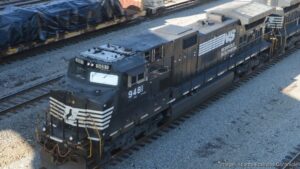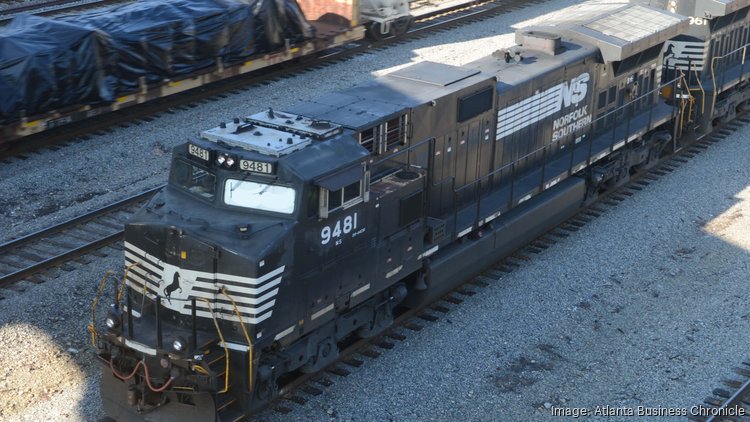Article published in the Philadelphia Business Journal on March 13, 2023.
Boards of directors have a duty of oversight that includes asking probing questions of management on mission critical imperatives that could expose the company to significant liability as well as reputational risk. It’s the board’s responsibility to ensure that management mitigates those risks.
On Feb. 27, I wrote a column headlined, “Does Norfolk Southern consider derailment avoidance a mission critical imperative?” The column described the significant impact on the village of East Palestine, Ohio, of the Feb. 3 derailment of a Norfolk Southern freight train. The derailment caused a fire and the release of vinyl chloride, a flammable toxic chemical. It’s a known carcinogen that can cause liver, brain and lung cancer, as well as leukemia.
Due to the growing possibility of an explosion, an evacuation order was issued for residents living within a one-mile radius of the derailment. This evacuation order covered about half of the village’s 4,700 residents. To avoid an explosion, a controlled burn of tank car contents was conducted, but it released toxic fumes into the air.
Cincinnati temporarily stopped sourcing water from the Ohio River for its municipal water system due to contamination concerns from the derailment. Fish were killed in nearby streams. A number of East Palestine residents complained of breathing difficulties, eye irritation and headaches. Norfolk Southern is undertaking a massive cleanup of soil contaminated by vinyl chloride that leaked from the derailed tank cars.
Derailments of Norfolk Southern freight trains as well as those of other railroads are not uncommon. In 2021, there were 1,087 train derailments. Fortunately, most derailments don’t impact people or the environment as seriously as the one that occurred in East Palestine.

On March 4, another Norfolk Southern freight train derailed near Springfield, Ohio. On March 9, a third derailment occurred, this time near White Plains, Alabama. The railroad reports that the derailed trains were not carrying hazardous materials, but they could have been. It’s obvious that the issue of derailments needs to be addressed.
Senator Sherrod Brown (D-OH) said, “Four Norfolk Southern derailments [occurred] in less than five months because this corporation has been more concerned with its profit margin than with Ohioans’ safety. Ohio communities should not be forced to live in fear of another disaster. It’s unacceptable, it’s why we must pass my bipartisan Railway Safety Act.” Will the railroad industry resist as they did when they fought against the 2015 federal regulations to improve freight train safety?
Tone at the top is set by Norfolk Southern’s CEO Alan Shaw and reflects not only the ethical climate of the organization, but also how the company approaches mission critical imperatives. It’s the board’s responsibility to hold Shaw accountable for the right tone at the top.
Does the Norfolk Southern board hold Shaw accountable for avoiding derailments? Or, do derailments occur so often that they are an accepted risk and cost of doing business by both the board and the CEO? Will the Norfolk Southern board and those of other railroads hold their CEOs accountable when the cost of lawsuits, clean up, government fines and reputational damage exceed the cost of deploying technology to avoid derailments?
It’s up to the boards and CEOs of railroads to change their mindsets and recognize that they need to be on a mission critical journey to eliminate derailments. Practically, zero derailments will not be achieved, but that needs to be the goal.
Norfolk’s commitment to safety is stated in their publication titled, “Safe Tracks, Safe Towns.” It reads:
At Norfolk Southern, nothing is more important than the safety of our employees and the public. Our team of qualified professionals, state-of-the-art equipment and infrastructure, and close community connections ensures safe and reliable rail service everywhere we go.”
The Norfolk Southern board needs to hold Shaw accountable to meeting the spirit and letter of this commitment.
Stan Silverman is founder of Silverman Leadership and author of “Be Different! The Key to Business and Career Success.” He is also a speaker, advisor and widely read nationally syndicated columnist on leadership. He can be reached at Stan@SilvermanLeadership.com.

